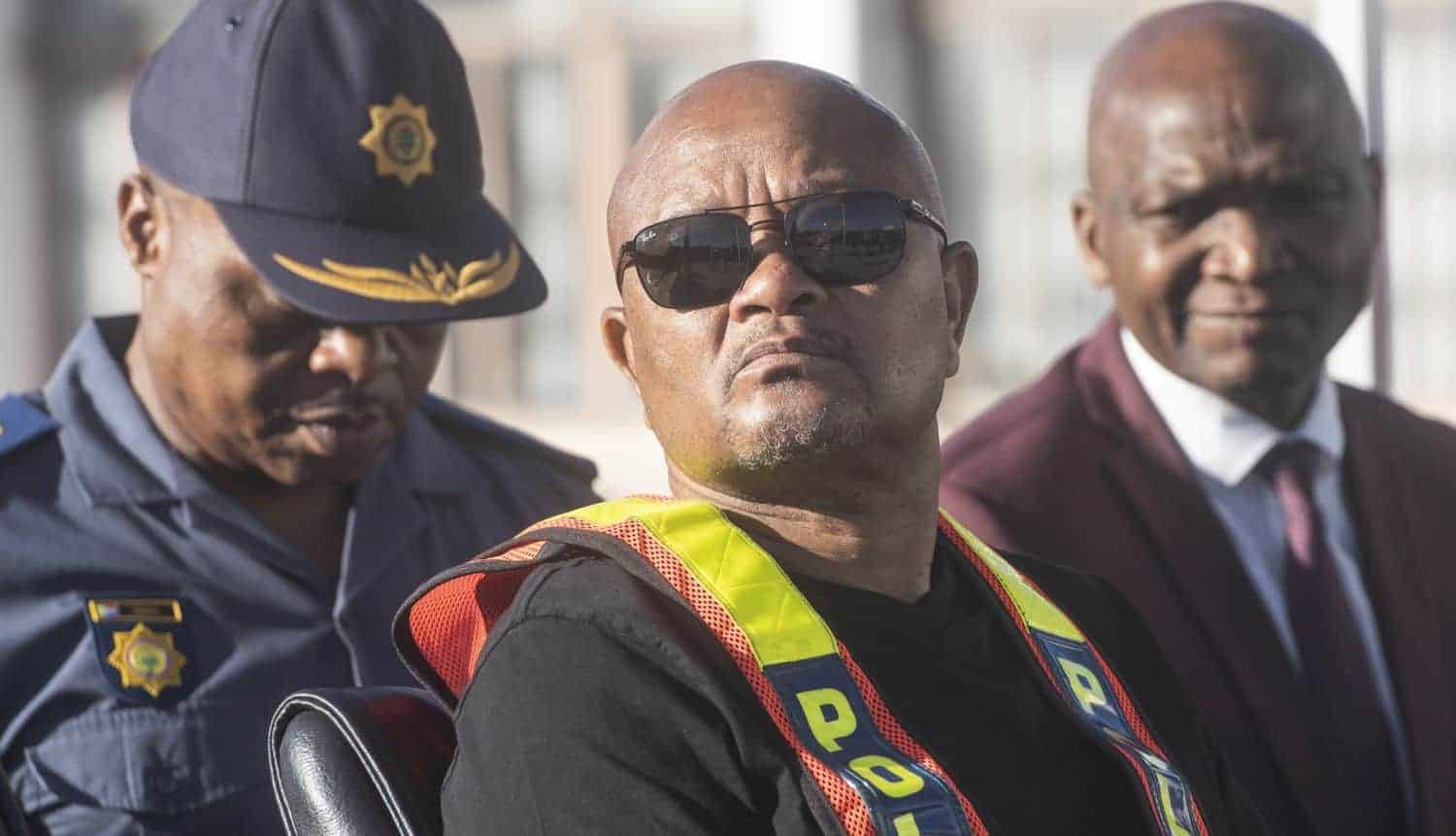President Cyril Ramaphosa has said all the right things, but a tired public now wants to see action.

As long as the ANC is still in power, the state capture and Phala Phala scandals will continue to haunt South Africa.
Accused ANC officials seem to be treated with kid gloves, while tough action is taken against those from other parties like the recent dismissal of DA deputy minister Andrew Whitfield.
This was the impression created when President Cyril Ramaphosa broke his silence on Sunday on the police scandal. He couldn’t even suspend or fire police minister Senzo Mchunu, but put him on special leave and ordered a judicial inquiry to probe allegations of infiltration in the police. On Tuesday, the deputy national commissioner Shadrack Sibiya was also placed on special leave.
This follows claims by KwaZulu-Natal police commissioner Lieutenant-General Nhlanhla Mkhwanazi on 6 July, where he accused senior police and political figures of colluding with criminal syndicates.
ALSO READ: Mr President, it’s time for you to leave
For South Africans exhausted by news of assassinations, gender-based violence, kidnappings and rampant gangsterism, Mkhwanazi’s revelations were not only shocking – they were horrifying. He spoke not as a politician seeking fame, but as a top cop with direct knowledge of how deeply the rot runs.
His allegations painted a picture of a justice system compromised from within: metro police officers on drug syndicate payrolls, prosecutors turning a blind eye and political leaders interfering with investigations. He even suggested that elements within the judiciary were linked to criminal networks.
The implications of these claims strike at the heart of our democracy. If criminals have truly infiltrated the highest levels of our law enforcement and justice institutions, then the very ideas of justice, equality before the law and public safety become a farce.
Ramaphosa’s response – to establish a judicial commission of inquiry – is a measured and necessary step for him to take in order to seem as if he is busy. The commission – chaired by acting deputy chief justice Mbuyiseli Madlanga – is tasked with investigating the extent of this alleged criminal infiltration. Importantly, it is ideally sought to examine not only the police and intelligence services, but also the National Prosecuting Authority, the State Security Agency, the judiciary, and the executive arm of government. No stone, Ramaphosa promised, will be left unturned.
ALSO READ: Why has President Ramaphosa overlooked Deputy Police Minister Boshielo?
The public, however, will not be satisfied with another commission of inquiry unless it leads to swift and decisive action. The Zondo commission exposed the full extent of state capture under the Jacob Zuma administration, but progress on prosecutions has been slow. For the Madlanga commission to avoid becoming yet another archive of inaction, it must operate transparently, act quickly, and make real recommendations that lead to arrests, dismissals and reforms.
Ramaphosa’s decision to place Mchunu on leave and to appoint Prof Firoz Cachalia as acting police minister is a matter of yielding to public outcry.
But we must be honest with ourselves; the removal of Mchunu does not guarantee any change because what Mkhwanazi exposed was not simply a case of corruption against an individual – it was a coordinated system used to attack the state’s ability to govern and deliver justice.
Other implicated individuals – whether named or unnamed – must also be investigated without fear or favour. Ramaphosa must resist the temptation to protect political allies or preserve party unity at the expense of public trust.
The public’s fatigue is real. South Africans are tired of promises and press conferences. They want accountability. They want to know that when they report a crime, it will be taken seriously; that when whistle-blowers come forward, they will be protected, not persecuted; and that when people in power abuse that power, they will face consequences – not golden handshakes or quiet transfers.
ALSO READ: Leave and a commission don’t make Mchunu immune from prosecution, parliament hears
Mkhwanazi took a personal risk in coming forward. If his allegations are substantiated, he may go down in history as one of the rare figures in post-apartheid South Africa who put principle above protectionism. But if the process fails him – if the state fails to protect him or act on what he exposed – his courage will serve only as another cautionary tale in a country that has too many already.
This moment, then, is more than a legal inquiry – it is a test of South Africa’s democratic resilience. Will we allow the rule of law to be reclaimed by those who believe in it, or will we concede it to those who treat state institutions as tools for personal and political gain?
Ramaphosa has drawn a line in the sand. He has said all the right things. But South Africa has heard all the right things before. Now we must see action. Now we must see arrests. Now we must see justice.
Because if we don’t, then this crisis will not simply pass – it will grow into something far worse: a nation where the state no longer protects its people, but preys upon them.






